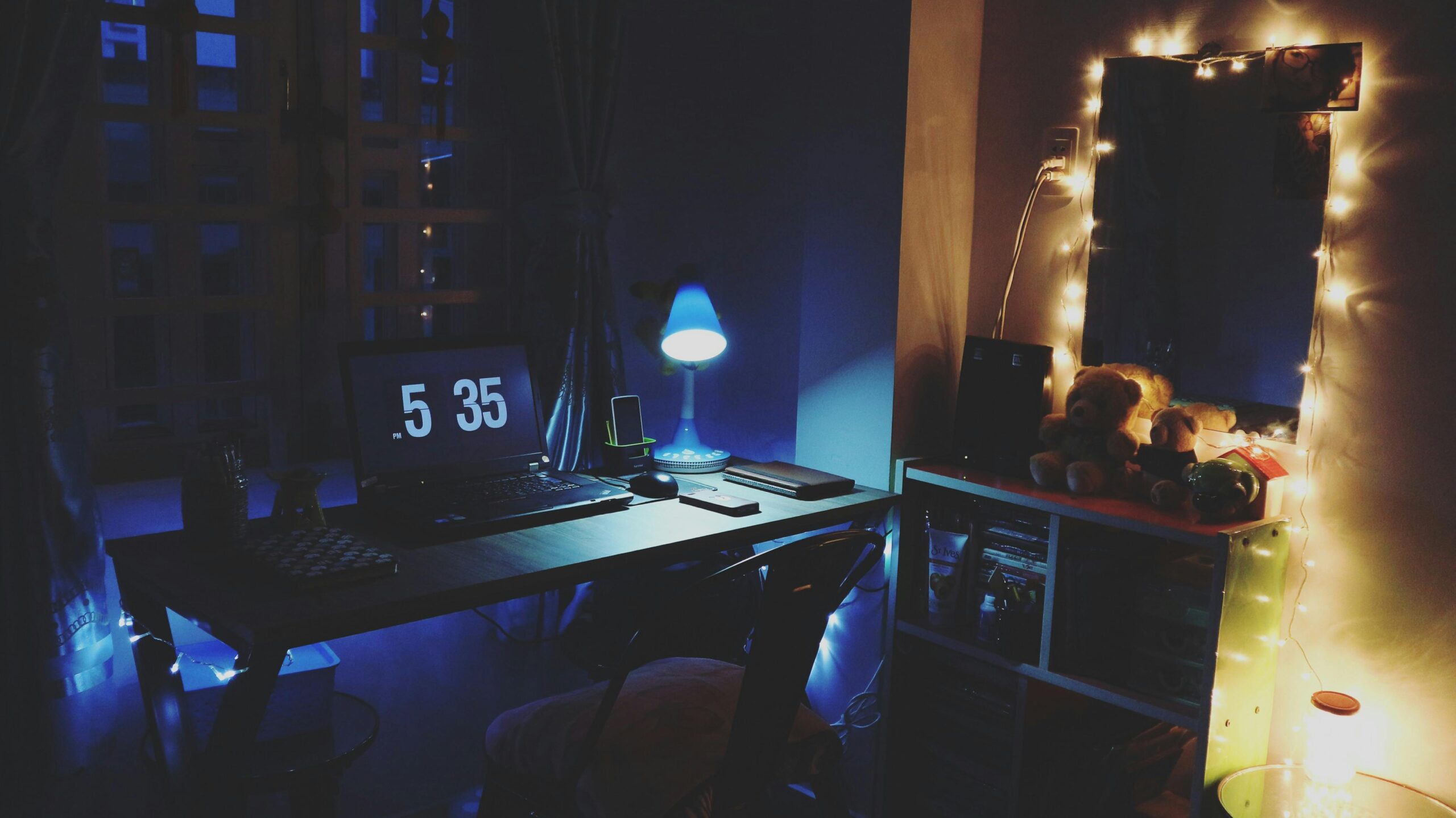Have you ever considered the impact of your evening Netflix binge or late-night smartphone scrolling on your heart health?
A recent study has shed light on how artificial light at night (ALAN) is more than just a disruptor of our sleep patterns—it directly impacts our cardiovascular health.
The Connection Between Artificial Light at Night and Cardiovascular Health
Artificial light at night (ALAN) disrupts our nighttime environment. It interferes with the natural rhythm of our heart and blood pressure. According to the study, exposure to ALAN leads to reduced blood pressure and heart rate variability, indicating that ALAN could contribute to increased stress and potential health issues.
Stress: The Silent Contributor
Exposure to artificial light at night doesn’t just steal away your sleep; it also ramps up your stress levels.
The research highlights ALAN as a notable stressor, impacting the secretion of stress hormones like cortisol and altering glucose levels.
These changes mean our bodies struggle to maintain their natural rhythm under constant artificial light exposure.
Sleep: A Vital Component of Longevity
Sleep quality is significantly compromised under the influence of ALAN, with profound effects on cardiovascular health and overall longevity.
The study stresses the importance of preserving dark periods to maintain health and reduce stress.
Longevity and Circadian Rhythm: Hand in Hand
The circadian rhythm, our body’s natural clock, is pivotal in our overall health and longevity. Messing with our natural light-dark cycle by introducing artificial light can throw off our body’s biological clock, potentially shortening our lifespan and increasing the risk of cardiovascular diseases.
Practical Tips for Mitigating ALAN’s Effects:
- 1 hour before bedtime: turn off all your screens, including the TV!
- Keep all electronics out of your bedroom.
- Make your bedroom dark. Use blackout curtains.
- Get blue light-blocking glasses to wear during any nighttime device usage.
- Seek Natural Light: Expose yourself to natural light during the day to strengthen your circadian rhythm.
Artificial light the hallmark of modern life
The glow of artificial light has become a hallmark of modern life, but it’s clear that its effects on our health are anything but benign. Understanding the mechanisms at play and taking proactive measures can protect our circadian rhythm, enhance our longevity, and nurture our cardiovascular health in an ever-lit world.
Reference: Molcan L, Babarikova K, Cvikova D, Kincelova N, Kubincova L, Mauer Sutovska H. Artificial light at night suppresses the day-night cardiovascular variability: evidence from humans and rats. Pflugers Arch. 2024 Mar;476(3):295-306. doi: 10.1007/s00424-023-02901-0. Epub 2024 Jan 4. PMID: 38177874; PMCID: PMC10847188.



Comments +